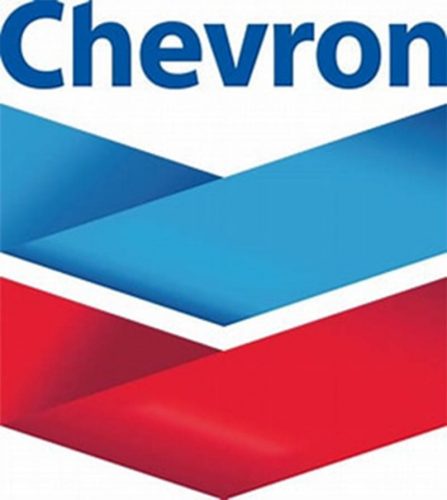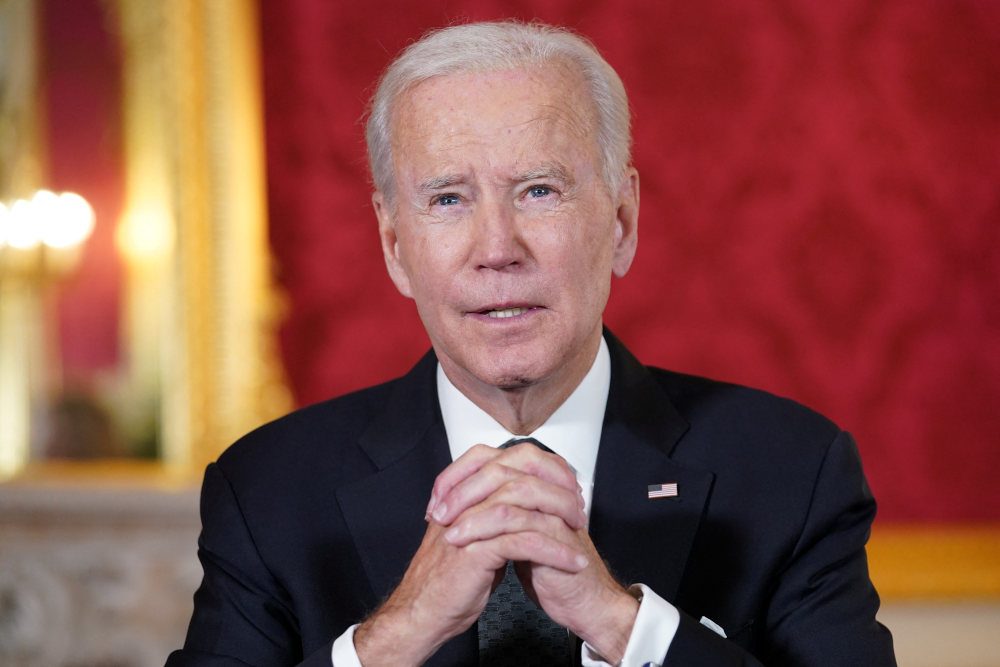Mindful that as the crisis emanating from Russia’s hostilities in Ukraine and the attendant incremental threat to global oil supplies could worsen in the years ahead, the Joe Biden Administration, days ago, loosened the shackles that had bound Venezuela’s economy for more than three years and crippling the country’s economy, by granting the United States oil company Chevron Corp. a licence to resume work alongside Venezuela’s state-owned oil company, PDVSA. It is a move that is expected to breathe new life into both the Venezuelan economy and the society as a whole.
US-imposed sanctions had, over the past several years gradually closed the door to western oil companies operating in Venezuela. Chevron Corp. had, up until earlier this year, been the last man standing. The war in Ukraine and the west’s dependence on Russian oil supplies rendered the Biden administration increasingly jittery and one began to sense the climate of jingoism that had attended relations between the two capitals was beginning to metamorphose into spurts of diplomatic activity that saw negotiating teams from Washington traveling to Caracas. It turned out that it was the breaking of the political deadlock between the US and Venezuela over the stalled talks between the country’s rival political factions on ending what has been an intractable power-related impasse.

Prior to the US pulling the plug on the company’s oil drilling operations in Venezuela in 2020, its share of the country’s crude oil production reportedly amounted to 15,000 barrels a day. There is, up to this time, no indication as to if or when the company will be cleared by Washington to resume substantive drilling operations. For the moment, however, the new arrangement allows the company to resume crude exports which were suspended in 2019 after Washington imposed strict sanctions against the Maduro administration. The new arrangement allows, reportedly for all oil exports to be shipped to the US for Venezuela to import diluents and other materiel used in crude production by Venezuela. The arrangement also allows for Chevron to market oil that is being produced under its current joint venture contract with Venezuela.
The relaxing of the US sanctions against Venezuela is being credited to diplomatic legwork by Norwegian mediators who were reportedly instrumental in the resuscitation of political dialogue between the Nicolas Maduro government and political opposition just days ago. The Maduro administration’s return to the negotiating table had been a key condition for the US relaxing its sanctions on Venezuela’s oil industry. What Chevron has made clear, however, is that its return to Venezuela does not represent a ‘magic bullet’ for an oil sector that has been ravaged by US sanctions and their consequences. A senior Chevron official is quoted as saying that it could take “months and years in order to begin to maintain and refurbish fields and equipment and change any investment activity.”
The return of Chevron to Venezuela, company officials reportedly believe could triple oil production to around 200,000 barrels a day over a period of six months to a year from 150,000 barrels per day, where it currently stands.






